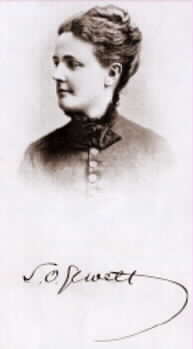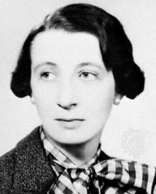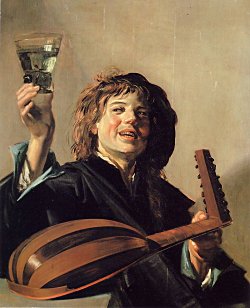 Do you remember the American poet Phyllis McGinley? No less a poet than W. H. Auden wrote a foreword to her collected poems. She's gone out of print, as the saying goes, but that is no reflection on her. Do please search out her books. She is a consistent delight.
Do you remember the American poet Phyllis McGinley? No less a poet than W. H. Auden wrote a foreword to her collected poems. She's gone out of print, as the saying goes, but that is no reflection on her. Do please search out her books. She is a consistent delight.She was born in 1905 in Ontario, Oregon and died in 1978, in New York City. In between she married, moved to the then new "suburbs," raised children and wrote some of the best light verse of the last century.
Herewith, a Christmas favorite from 1948.
What Every Woman Knows
When Little boys are able
To comprehend the flaws
In their December fable
And part with Santa Claus,
Although I do not think they grieve,
How burningly they disbelieve!
They cannot wait, they cannot rest
For knowledge nibbling at the breast.
They cannot rest, they cannot wait
To set conniving parents straight.
Branding that comrade as a dunce
Who trusts the saint they trusted once,
With rude guffaw and facial spasm
They publish their iconoclasm,
And find particularly shocking
The thought of hanging up a stocking.
But little girls (no blinder
When faced by mortal fact)
Are cleverer and kinder
And brimming full of tact.
The knowingness of little girls
Is hidden underneath their curls.
Obligingly, since parents fancy
The season's tinsel necromancy,
They take some pains to make pretense
Of duped and eager innocence.
Agnostics born but Bernhardts bred,
They hang the stocking by the bed,
Make plans, and pleasure their begetters
By writing Santa lengthy letters.
Only too well aware the fruit
Is shinier plunder, richer loot.
For little boys are rancorous
When robbed of any myth,
And spiteful and cantankerous
To all their kin and kith.
But little girls can draw conclusions
And profit from their lost illusions.













